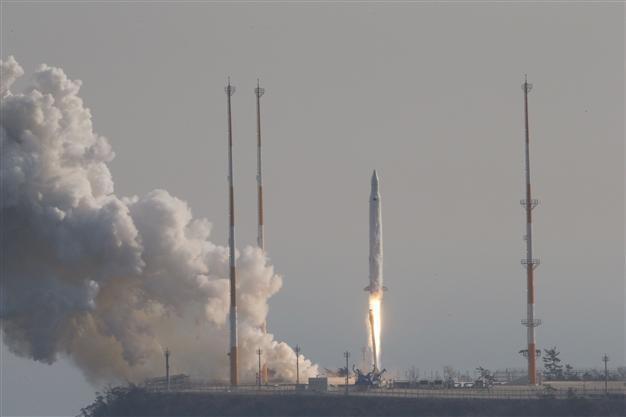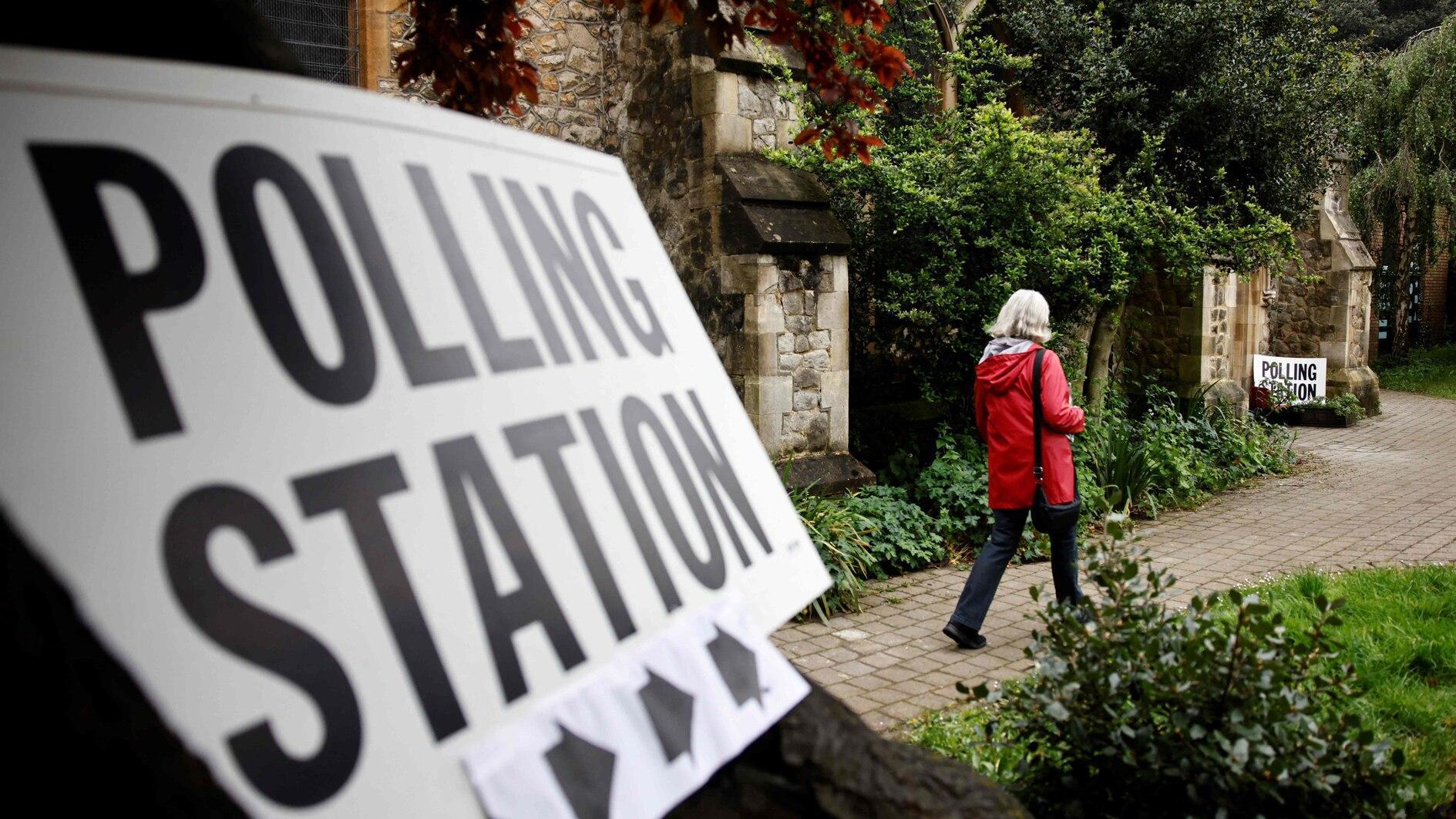South Korea launches first rocket after rival Pyongyang
SEOUL – Agence France-Presse

The Korea Space Launch Vehicle-1 (KSLV-1) or Naro, South Korea's space rocket is launched on the launch pad at Naro Space Centre in Goheung, about 485 km (301 miles) south of Seoul January 30, 2013 in this picture taken by Yonhap. REUTERS Photo
South Korea succeeded Wednesday in its third attempt to launch a satellite into orbit, meeting a high-stakes challenge to national pride a month after rival North Korea succeeded in the same mission.The 140-tonne Korea Space Launch Vehicle (KSLV-I) blasted off from the Naro Space Center on the south coast, reaching its target altitude nine minutes later and deploying its payload satellite.
Scientists and officials gathered at the space centre cheered, applauded and hugged each other as the satellite was released. Hundreds of people gathered in front of a giant television screen in Seoul cheered as the rocket blasted off, and again when the satellite deployment was confirmed.
“After analysing various data, the Naro rocket successfully put the science satellite into designated orbit,” Science Minister Lee Ju-Ho told reporters at the space centre. “This is the success of all our people,” Lee said.
A positive outcome after successive failures in 2009 and 2010 was critical to ensuring the future of South Korea’s launch program and realizing its ambition of membership of an elite global space club.
South Korea was a late entrant into the high-cost world of space technology and exploration and repeated failures had raised questions over the viability of the launch program.
“This success has put the country’s entire rocketry program back on track,” said independent space analyst Morris Jones.
They were under enormous pressure, given the earlier failures and the North’s success last month, and this will give them confidence and, of course, secure critical political and financial support for the future,” Jones said.
Seoul’s space ambitions were restricted for many years by its main military ally the United States, which feared that a robust missile or rocket program would accelerate a regional arms race, especially with North Korea.
















